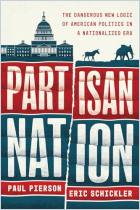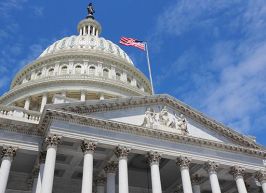Join getAbstract to access the summary!

Join getAbstract to access the summary!
Kenneth Stern
Republican Like Me
How I Left the Liberal Bubble and Learned to Love the Right
Harper, 2017
What's inside?
Americans’ unwillingness to break out of their political bubbles puts democracy at risk.
Recommendation
Partisanship is on the rise throughout the United States. Although journalist Ken Stern’s neighborhood welcomes diversity of most sorts, it views political diversity with derision or even outright fear. But are the left and right really so divergent in their views? Stern sought to find out. Over the course of a year spent outside his liberal bubble, he interacted with conservatives across the United States, hoping to gain an honest understanding of their opinions and mind-sets. In so doing, he uncovered the roots of today’s polarization, and he saw how open-minded conversations could help heal America’s great political divide. Stern’s valuable account addresses many controversial topics while calling for critical thinking. The text is likely to make both Democratic and Republican readers prickle – if only in that it refuses the implications of its title: This isn’t a conversion story, but a thought-provoking look at how to understand and perhaps embrace varied views and contexts. getAbstract recommends Stern’s report to readers who want to improve political discourse in an increasingly partisan world.
Summary
About the Author
Ken Stern is author of With Charity for All and a contributor to the Atlantic, Slate, Vanity Fair and the Washington Post. He is president of Palisades Media Ventures and was CEO of National Public Radio.

















Comment on this summary